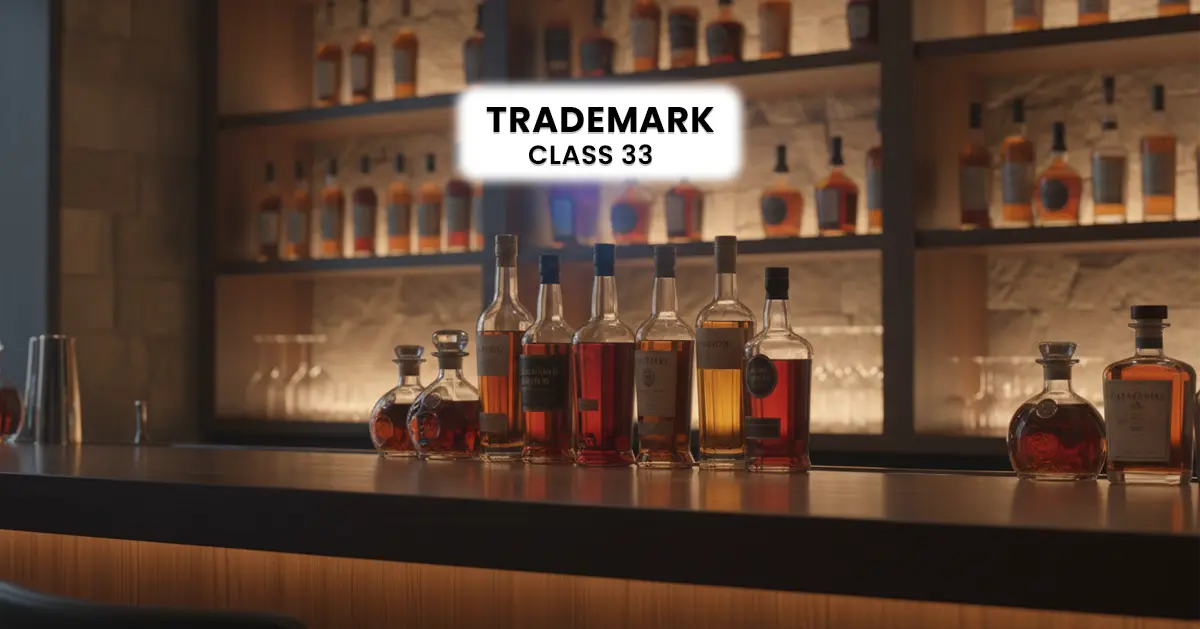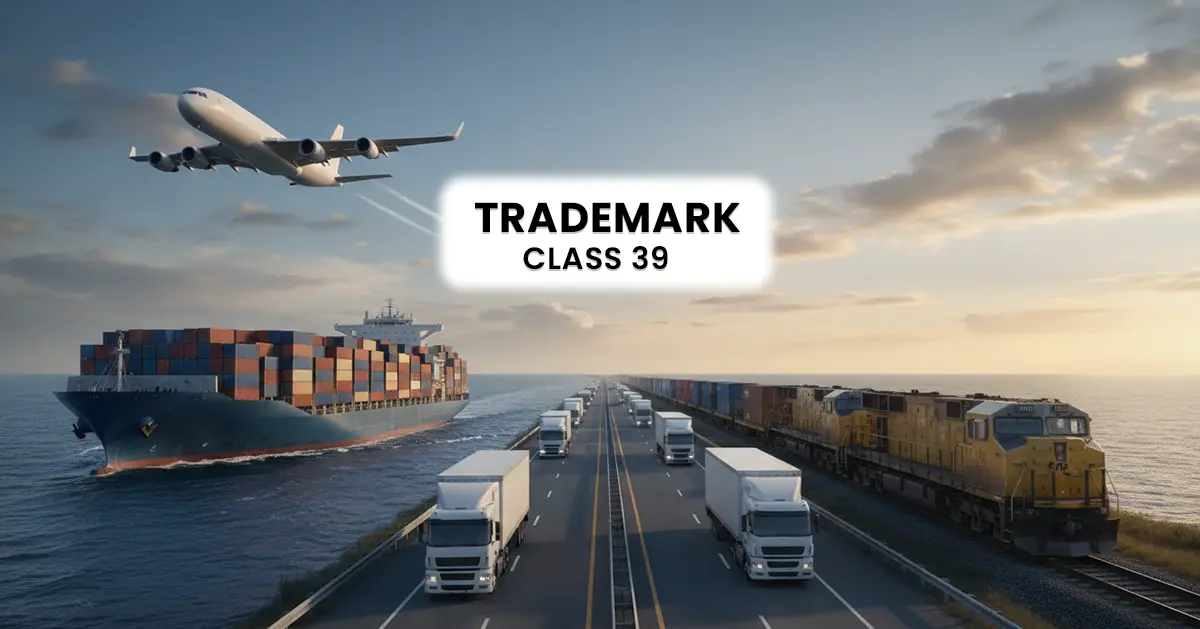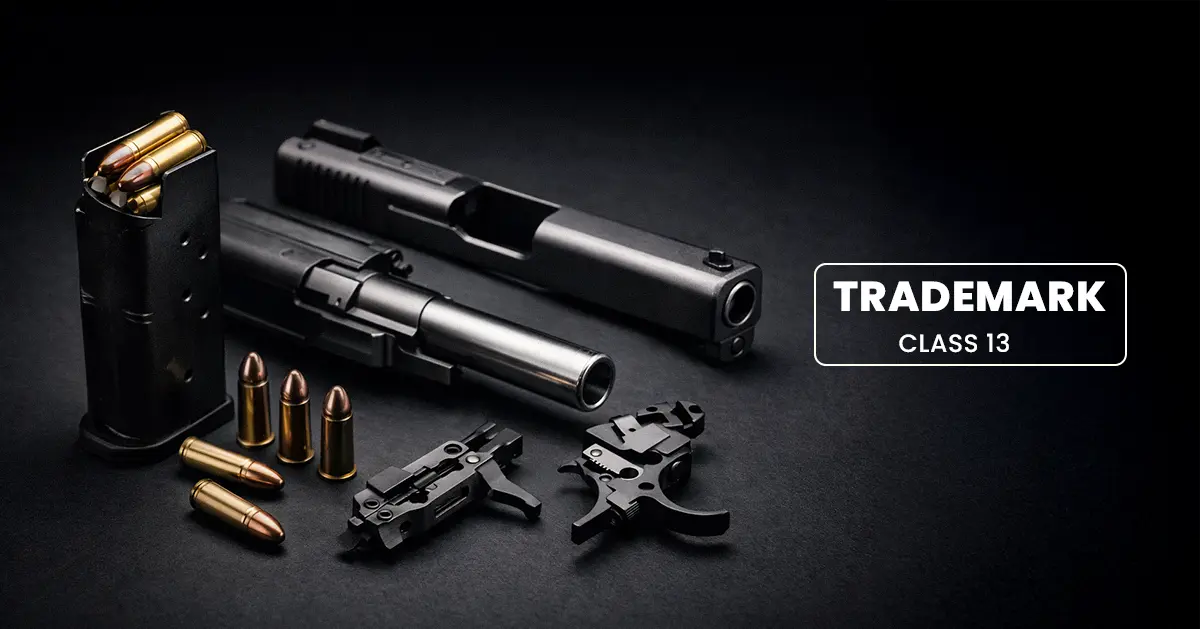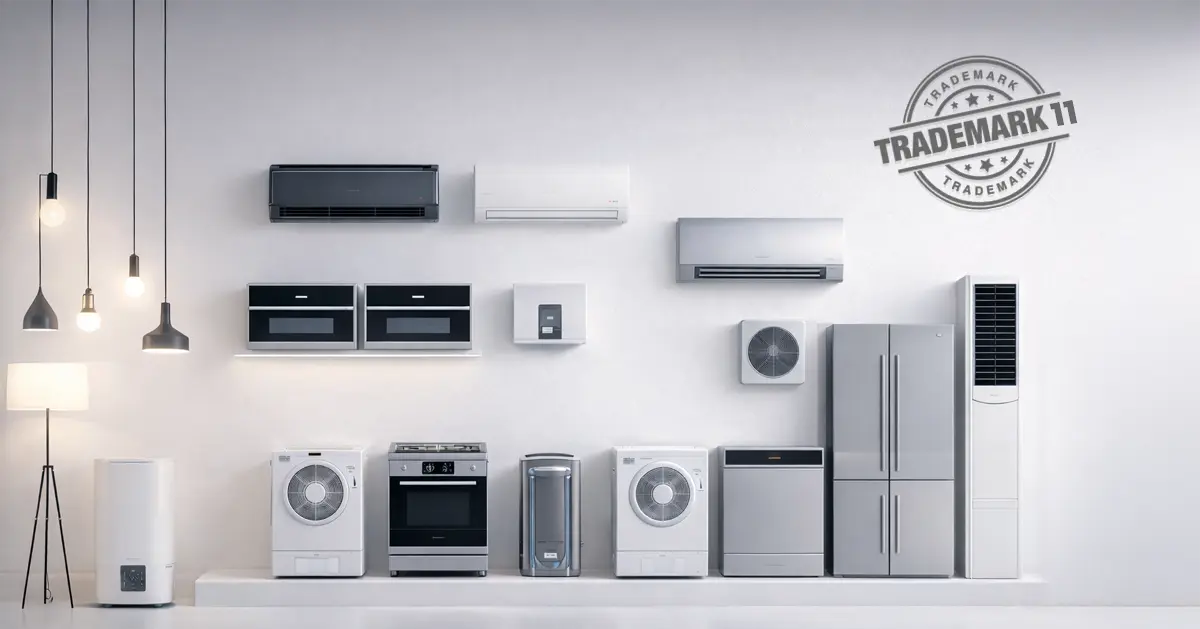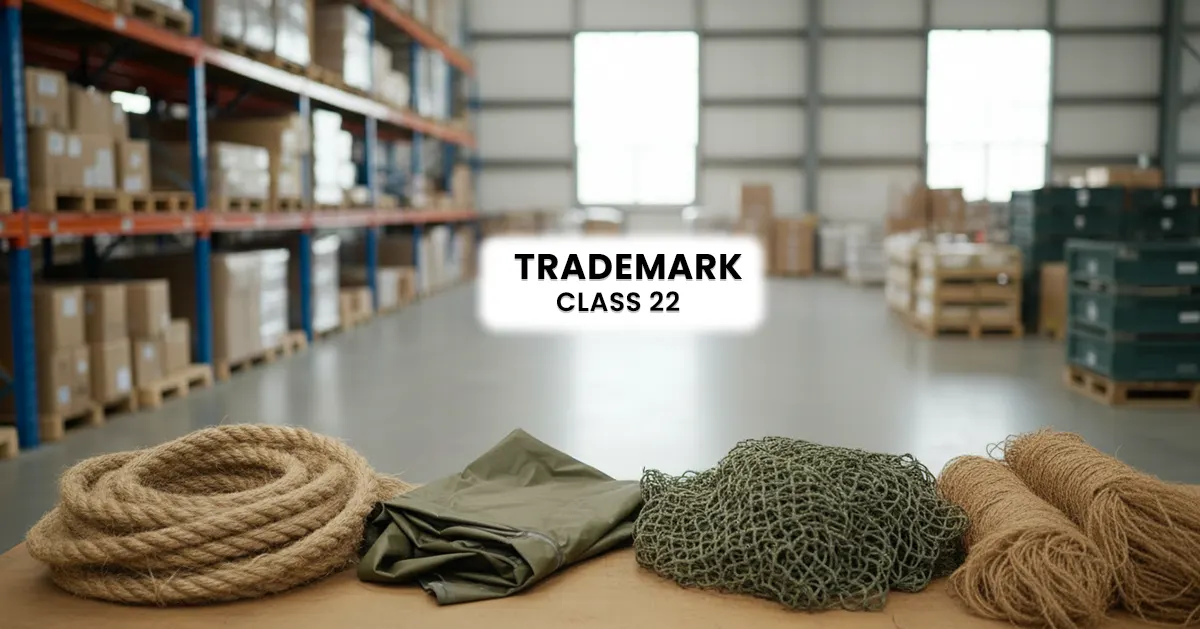BIS Certification ensures that products conform to specific Indian Standards (IS). The most recognized mark is the ISI mark (Indian Standards Institution), which signifies that a product has undergone rigorous quality assessment and meets the safety and performance standards set by BIS. For businesses in Mumbai, the ISI mark builds consumer trust, credibility, and market confidence, assuring customers that products are safe, reliable, and compliant with Indian norms.
The Bureau of Indian Standards (BIS), India’s national standards body, was originally established in 1987 and now operates under the BIS Act, 2016, which modernized the framework for standardization, quality control, and certification. BIS is responsible for the harmonized development of standards, marking, and certification of goods, ensuring that products sold in India uphold safety and quality benchmarks.
In Mumbai, BIS plays a critical role through its Western Regional Office in Andheri (East), covering Maharashtra, Gujarat, and nearby Union Territories. From household appliances and construction materials to electronics and industrial goods, BIS certification ensures that businesses comply with strict quality norms, protecting consumers and promoting fair trade practices.
As of March 2025, over 769 products are covered under BIS certification, including 380 items under mandatory certification (split between the ISI mark scheme and the Compulsory Registration Scheme (CRS)), governed by 187 Quality Control Orders (QCOs). More than 1,000 other products are in various stages of mandatory certification. For Mumbai businesses, obtaining BIS certification is not just a legal requirement but also a strategic step to enhance credibility, consumer confidence, and long-term market competitiveness.
Why Your Products Need BIS Certification in Mumbai: Safety, Quality, and Market Access
BIS Certification is critical for your products for three main reasons:
-
Safety and Consumer Protection
The primary goal of BIS certification is to protect consumers from hazardous, substandard, or counterfeit products. By ensuring a product meets a specific Indian Standard, it guarantees a certain level of safety and reliability.
For example, certified electrical appliances are tested to prevent hazards like electric shocks or fires.
-
Quality Assurance
For businesses, BIS certification is an external validation of a product's quality. It indicates that the product has been manufactured using an approved process and conforms to a set of defined quality parameters.
This can lead to reduced product recalls, fewer customer complaints, and a stronger brand reputation.
-
Market Access and Legal Compliance
BIS mandates certification for numerous products, particularly those related to health, safety, and infrastructure, before businesses can legally sell them in India. Without this certification, a company cannot sell or distribute these products in the Indian market, facing legal penalties and a business shutdown.
These include items like cement, steel, tires, and certain electronic goods.
Who Needs BIS Certification in Mumbai?
As a major economic and industrial hub, Mumbai has a diverse range of manufacturers and importers who require BIS certification. This includes:
- Electronics and IT Manufacturers: Companies producing laptops, power adapters, mobile phones, LED lights, and other electronic devices must obtain certification under the Compulsory Registration Scheme (CRS) of BIS.
- Construction and Infrastructure Companies: Producers of cement, steel, pipes, and other building materials need BIS certification to ensure the safety, durability, and compliance of infrastructure projects in Mumbai’s densely populated landscape.
- Jewelers: Gold and silver jewelry must carry the BIS hallmark, which guarantees purity and authenticity. This certification is mandatory in Mumbai’s vast jewelry market to build consumer trust and prevent fraudulent practices.
- Packaged Drinking Water & Beverages: FMCG giants and local manufacturers in Mumbai must comply with BIS certification to ensure the safety and quality of bottled water and other packaged beverages.
- Medical Devices & PPE Kits: Post-COVID, BIS has brought many healthcare products, including masks, gloves, and medical devices, under its certification framework to safeguard public health.
- Chemicals & Plastics: With Mumbai being a major chemical manufacturing hub, many products in this sector require BIS certification to ensure safety, performance, and compliance with environmental standards.
- Foreign Importers: International companies importing regulated goods into Mumbai must secure BIS certification to gain access to the Indian market.
Benefits of BIS Certification for Businesses in Mumbai
Obtaining BIS certification offers businesses in Mumbai a variety of strategic advantages that go well beyond regulatory compliance. Given Mumbai’s role as India’s financial capital and a hub for industries like FMCG, infrastructure, chemicals, electronics, and jewelry, the benefits are particularly impactful:
- Enhanced Consumer Trust: Mumbai’s diverse consumer base, from local markets in Dadar and Crawford to premium outlets in Bandra and Powai, relies on certified products for safety and reliability. The ISI mark strengthens customer confidence and helps brands stand out in the city’s fiercely competitive FMCG, electronics, and jewelry markets.
- Access to Government Tenders: Mumbai hosts several state-level offices and major infrastructure projects such as the Mumbai Metro and coastal road developments. Many of these require BIS-certified products like cement, steel, and electrical equipment. Certification gives businesses a direct gateway to participate in these high-value contracts.
- International Recognition: As Mumbai houses the country’s busiest port (JNPT) and serves as a global trade hub, BIS certification signals adherence to quality, easing export procedures, and building trust with international buyers, particularly in sectors like chemicals, textiles, and engineering goods.
- Operational Efficiency: With Mumbai’s fast-paced industrial zones such as Navi Mumbai, Thane, and Bhiwandi, manufacturers that align with BIS standards often streamline their production processes. This leads to reduced defects, optimized supply chains, and better competitiveness in both domestic and export markets.
- Local Support & Faster Coordination: BIS’s Western Regional Office in Andheri (East), Mumbai, provides local businesses with quicker access to certification authorities. For manufacturers and importers in the city, this proximity reduces delays in documentation, inspections, and approvals, ensuring smoother compliance.
In short, BIS certification in Mumbai not only ensures legal compliance but also enables businesses to gain consumer trust, qualify for mega infrastructure projects, strengthen global trade credibility, and improve operational performance, all while benefiting from faster coordination with a local BIS office.


